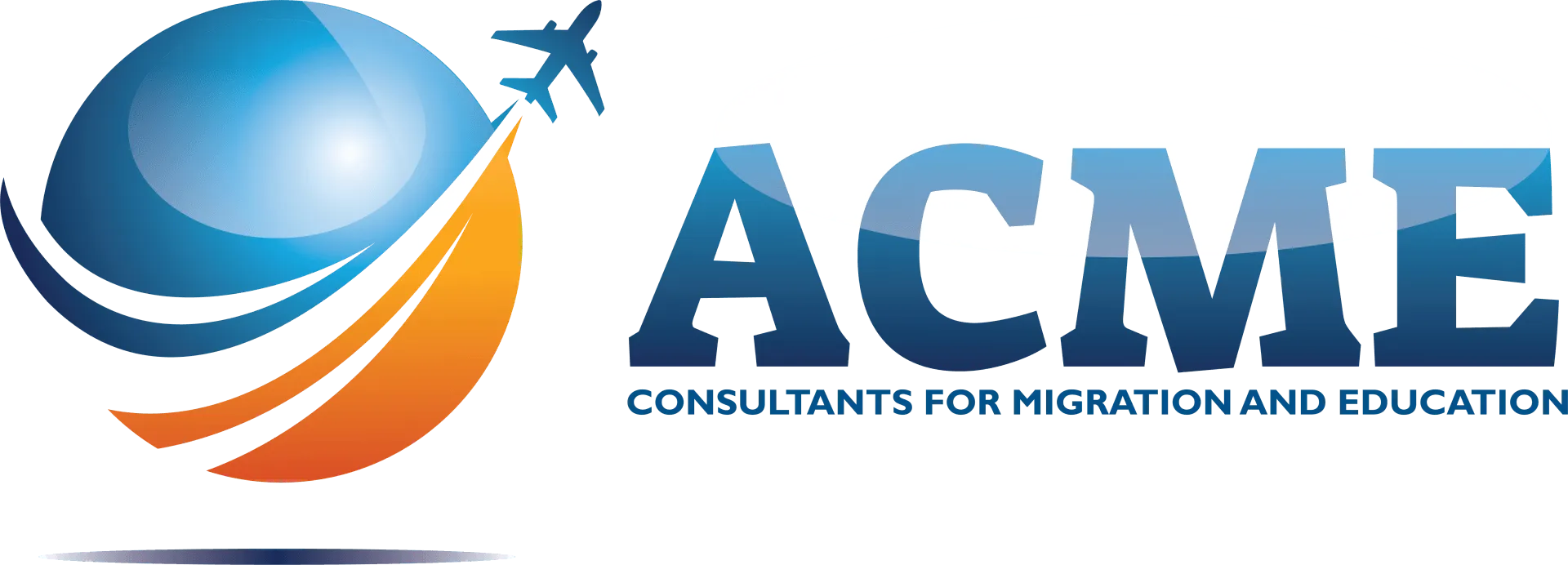After completing an application for a family class, find out when and how to notify IRCC of changes in your family’s situation. Assure adherence to IRCC guidelines while submitting sponsorship applications.
After completing their application to Immigration, Refugees and Citizenship Canada (IRCC), family-class immigration applicants may encounter a variety of changes in their circumstances. For example, a sponsor might experience a change in their financial circumstances or become parents to a new child. In such cases, sponsors and applicants are required by IRCC’s particular procedures to handle various modifications after the initial application is filed.
Adding a New Family Member to Your Application
Adding a family member to an already-existing application varies based on how they are related to the sponsor.
Adding a family member to an already-existing application varies based on how they are related to the sponsor.
Dependent child of the sponsor
In order to add another dependent kid, sponsors do not have to go through the minimum necessary income (MNI) assessment process again. Sponsors, however, have to make sure that the newly added family passes any necessary background checks and/or medical examinations, and that they don’t forget to pay any newly applicable fees, such application processing fees.
Note: An applicant’s ability to provide for their family members they are bringing to Canada is evaluated by the MNI.
Newborn child
There are various guidelines for family class candidates who become Canadian permanent residents “after they have been issued a permanent resident (PR) visa but before” they have a newborn.
In this instance, after paying the necessary processing cost for the baby, the applicant may include their child in the sponsorship application. In order to add their child to the application, the applicant must also make sure the youngster has a medical examination done.
Change in principal applicant
Only sponsorship applications for dependent parents or grandparents, dependent spouses, or dependent common-law partners may have their principal applicant changed.
Although it doesn’t happen frequently, the principal applicant will need to be replaced if, for instance, the principal applicant passes away after the application is submitted.
Assuming that the new main applicant is “a family class member in their own right,” such as the sponsor’s father or grandmother, the IRCC approves the new principal applicant’s processing in this instance, who is identified as “the surviving spouse or partner.”
In this case, the sponsor’s stepparents and/or step grandparents may also be qualified for an exemption granted by the IRCC in its discretion on the basis of humanitarian and compassionate reasons.
What happens next
When a sponsor is found to be qualified to alter the primary applicant on their sponsorship application, the IRCC will get in touch with them and request that they submit the most recent versions of these two forms:
– Sponsorship Agreement and Undertaking Application [IMM1344]– Canada’s Generic Application Form [IMM0008]
This modification in circumstances does not require the payment of any additional expenses.
Change in sponsor’s circumstances
If the IRCC determines that a sponsor’s “ability to meet any of their sponsorship requirements needs reassessment,” they may choose to halt the granting of PR visas to family members on the sponsor’s application.
The sponsor’s income may be reassessed if the IRCC discovers “new information suggesting that the sponsor no longer meets the income test.”
After that, the sponsor will have the opportunity to provide “additional documents or information” to demonstrate that their current situation—including their financial status—remains suitable for them to serve as a sponsor.
The sponsor’s income evidence must go back a full year, “preceding the date that the officer receives the new information.”
If the IRCC determines that a sponsor’s “ability to meet any of their sponsorship requirements needs reassessment,” they may choose to halt the granting of PR visas to family members on the sponsor’s application.
The sponsor’s income may be reassessed if the IRCC discovers “new information suggesting that the sponsor no longer meets the income test.”
After that, the sponsor will have the opportunity to provide “additional documents or information” to demonstrate that their current situation—including their financial status—remains suitable for them to serve as a sponsor.
The sponsor’s income evidence must go back a full year, “preceding the date that the officer receives the new information.”
Changes in relationship status for spouses, common-law partners and conjugal partners
In the process of processing their application, applicants and sponsors who decide to modify their relationship status fall under a different family class relationship type. This includes the change following marriage from common-law partners to spouses.
Reevaluating these applications isn’t always necessary. Nonetheless, sponsors and their applicants must notify IRCC of this status change at some point prior to the application being approved. This is due to the fact that the IRCC needs to remain convinced that the applicant and sponsor have a real relationship and that it complies with Canadian law.


Leave a Reply